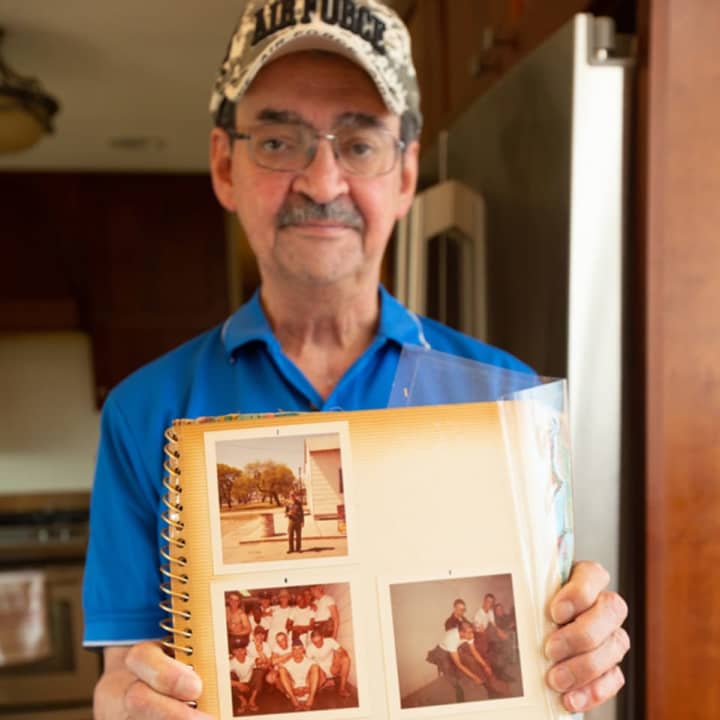Nelson, 67, lives in New Hampton with his wife, Edna; they have one son and three grandchildren. He was diagnosed with cardiomyopathy — an enlarged heart — in 1995. Then, in 1999, his aortic valve failed, disrupting the function of his left ventricle, the main pumping chamber of the heart. He underwent valve replacement, which usually improves heart-muscle function dramatically. “In Nelson’s case, it improved only a bit and over time deteriorated,” said Dr. Cary Hirsch, an interventional cardiologist and Director of the Cardiovascular Institute at Good Samaritan Hospital, a member of the Westchester Medical Center Health Network.
To make matters worse, Nelson also developed an irregular heartbeat, or arrhythmia, and required the implantation of a pacemaker and defibrillator in 2005. Despite multiple procedures and interventions, Nelson’s heart continued to worsen. And then another problem arose: Nelson’s many heart medications over the years had taken a toll on his kidneys, which began to fail. “His medication dosages had to be lowered or not used at all because they can cause the kidneys to worsen,” said Hirsch. “As doctors, we are caught between a rock and a hard place.”
Nelson’s health declined. “About a year ago, things got really bad,” he said. “I couldn’t breathe or get around. I got the flu and ended up at the hospital, in complete heart failure. When my kidneys started to go, Dr. Hirsch told me the only answer was a heart-and-kidney transplant.”
For more on Nelson's story of survival, continue reading via Advancing Care in the Hudson Valley.


